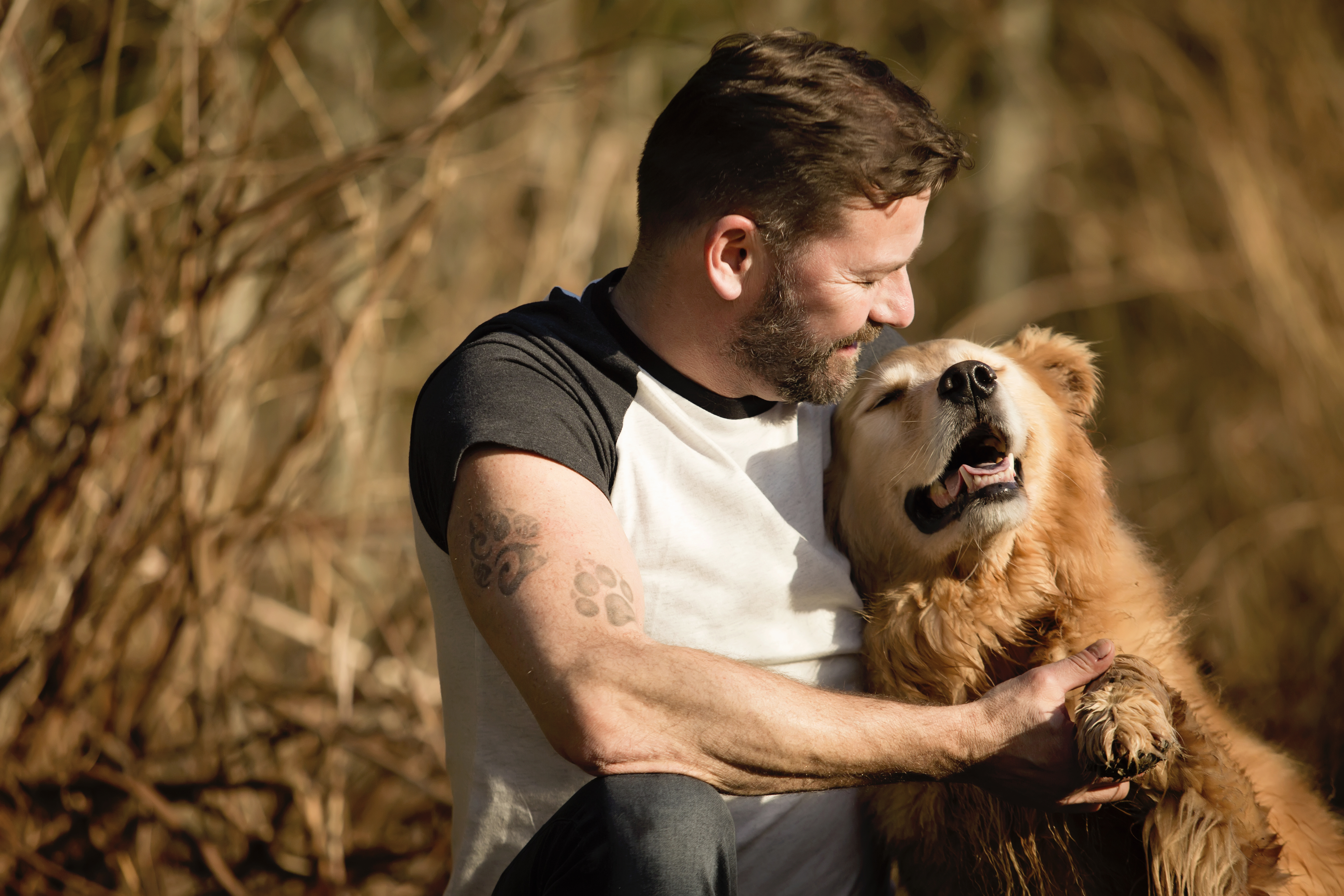Share This Article
By Sahar Adatia and Jimmy Singh.
It’s a sick and troubled world out there.
So sick and troubled is it, that news of yet another incident of bestiality made headlines across media outlets this week.
If you’re unfamiliar, bestiality is the term to describe sexual activity between a person and an animal, while its modern synonym, zoophilia, defines a human being who is sexually aroused or has erotic feelings towards an animal.
As shocking as it sounds, bestiality has existed since the dawn of human history, in every place and culture in the world.
In fact, a study on bestiality and zoophilia based on scholar Hani Miletski’s findings reveals the preoccupation with such themes date back to prehistoric times when a profusion of folklore, sculptures, paintings, literature and films persisted.
Today, while bestiality is a less commonly reported form of animal cruelty taking place in our society, it is unfortunately not as rare an occurrence as once thought.
August 2019: Byron Bay Man Pleads Guilty to Raping Golden Retriever
On 26 August 2019, a man from Byron Bay pleaded guilty to having sex with a golden retriever, along with another “dark short-haired canine”.
Facing Lismore District Court on Monday, Dean Anthony Sellenthin admitted to the crimes, which took place over a period of seven years.
Along with bestiality, the 43-year-old pleaded guilty to a string of other offences totalling 96 charges, including preying on women and children.
He is also believed to have stolen women’s and children’s underwear for indecent acts.
Rapist’s Sentencing Delayed Due to “Complexity” of Case
Nevertheless, when the matter was deliberated in court, Mr Sellenthin’s barrister told the court his party was not ready for sentencing due to the complexity of the case, requesting a delay.
“We’re looking for an adjournment to finalise some facts,” Mr Watts said.
“It’s very lengthy and complex matter. We still have a way to go.”
The statement of facts, which is still a work in progress, is already 49 pages – significantly longer than any other similar documents.
It is expected the final version may be considerably longer.
Mr Sellenthin’s sentencing has been set down for 1 November and is expected to take several hours.
Meanwhile, he also pleaded guilty to a child abuse material offence, aggravated break and enter, as well as aggravated indecent assault.
Additional charges included stalking or intimidation, and failing to comply with his reporting conditions.
Understanding the Term “Bestiality” and Why it May Be Problematic
Today, the amalgamation of academia exposing the approved social status of erotic relations between human beings and animals dating back to ancient times and recent cases from the news reveal bestiality and zoophilia behaviour is worryingly common.
When it comes to understanding the behaviour, however, it becoming common thought that the terms overlook a significant issue at hand – namely, the sexual abuse experience on the part of the animal.
This is because the word bestiality, and its contemporary synonym zoophilia, both tend to focus on the person involved and their behaviour, and as a result any harm that may be suffered by the animal is simply not considered.
The Journal of Animal Abuse and Unlawful Killing, for example, advises the term “animal sexual abuse” – developed from the now familiar term “child sexual abuse” – to be a more preferable and more precise notion in capturing the maltreatment faced by animals.
The organisation suggests animal sexual abuse tends to involve a distressingly wide range of animals and can result in a wide spectrum of injury, including death, bringing to attention the clear level of animal abuse and cruelty.
As such, whether intentionally, negligently, or recklessly inflicted, ultimately, bestiality is a form of animal sexual abuse. Whatever the manner, it is important to be able to properly recognise, and be able to respond to it as animal cruelty.
Complicating the Classification of Bestiality: Can Animals Give Consent?
Another key issue complicating the problem of bestiality in terms of animal sexual abuse is whether animals can give consent.
From an ethical perspective, this question lies at the heart of bestiality being considered as abuse.
Indeed, there is no real way of knowing for sure what an animal is thinking or feeling. Moreover, animals do not possess the same level of judgment or morality as humans, nor can they defend themselves.
As such, it is commonly understood that animals cannot give consent and should not be used as a means for gratifying sexual desire.
What Does the Law Say About Bestiality in NSW?
In NSW, having sexual intercourse with an animal is entirely against the law, and doing so can result in significant penalties.
The common law outlined in R v Brown (1889) outlines what bestiality is, namely sexual penetration of an animal.
In R v Higson (1984), the English Court of Criminal Appeal has said that it is the offender, not the dog who needs help.
Unless the case of bestiality has unusual aggravating factors to it, a penalty of imprisonment is generally not imposed on an offender.
The maximum penalty that can be imposed to an offender who commits bestiality in NSW is up to 14-years prison, under section 79 Crimes Act 1900 (NSW).
Anyone guilty of even trying or attempting to commit an act of bestiality with an animal will face imprisonment of up to 5-years, under section 80 Crimes Act 1900 (NSW).
While there are heavy penalties for offences of bestiality, the sentence that will ultimately be imposed is largely dependant on a range of factors, such as the objective gravity of the offending and subjective features of the offender.
What does this mean? Objective gravity or also know as objective seriousness of the offence includes factors such as, the extent of sexual conduct, any aggression used, and period of time the offence was being committed for. A heavier penalty attracts a case that has a high degree of objective seriousness. Whereas, a lighter penalty attracts a case that has a low degree of objective seriousness.
Subjective features include, the mental state of the offender and personal circumstances. This often includes, the offenders mental state, age, background, and prospects of his/her rehabilitation. Lighter penalties attract a case that has strong subjective features.
Contact our Sydney criminal lawyers to arrange a free first appointment for a confidential consultation if you wish to discuss this further.
Call our friendly staff 24/7 on (02) 8606 2218.









